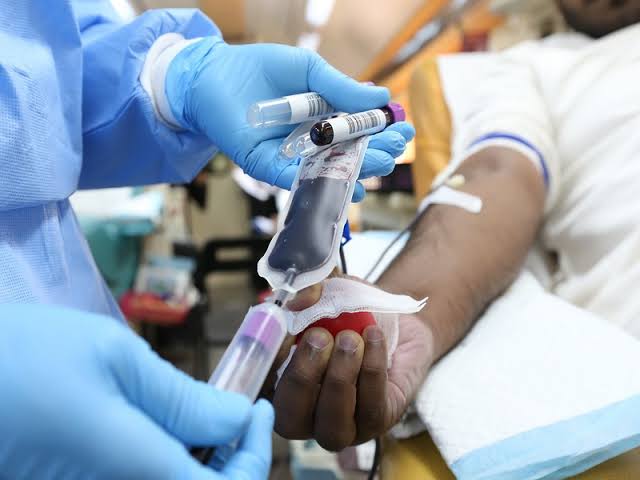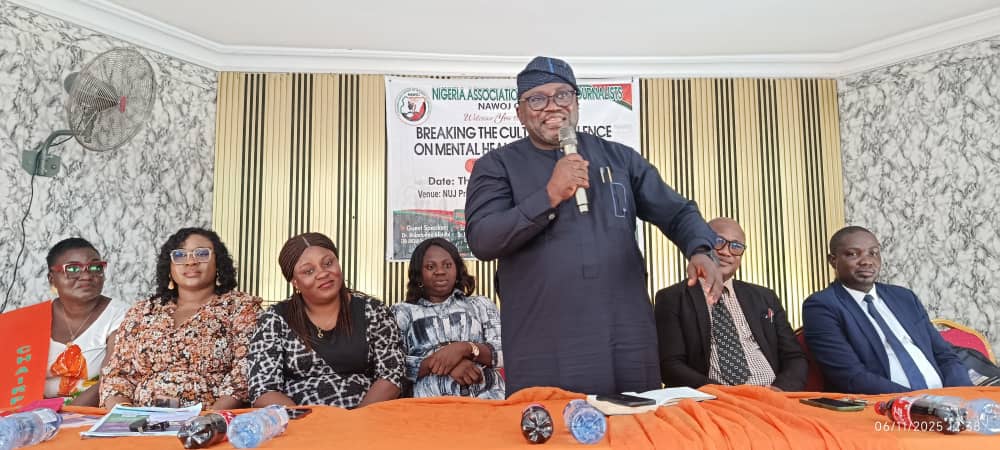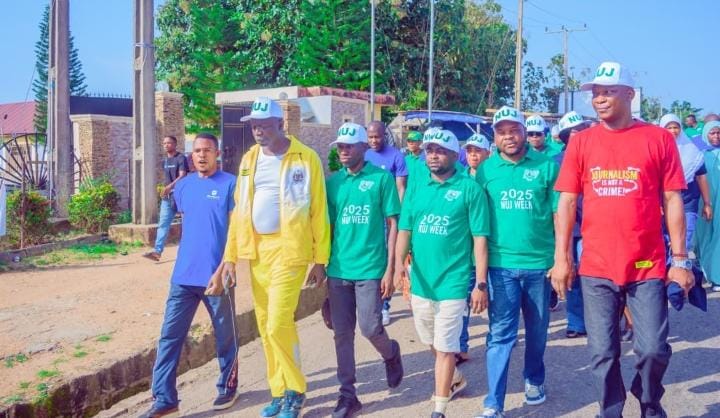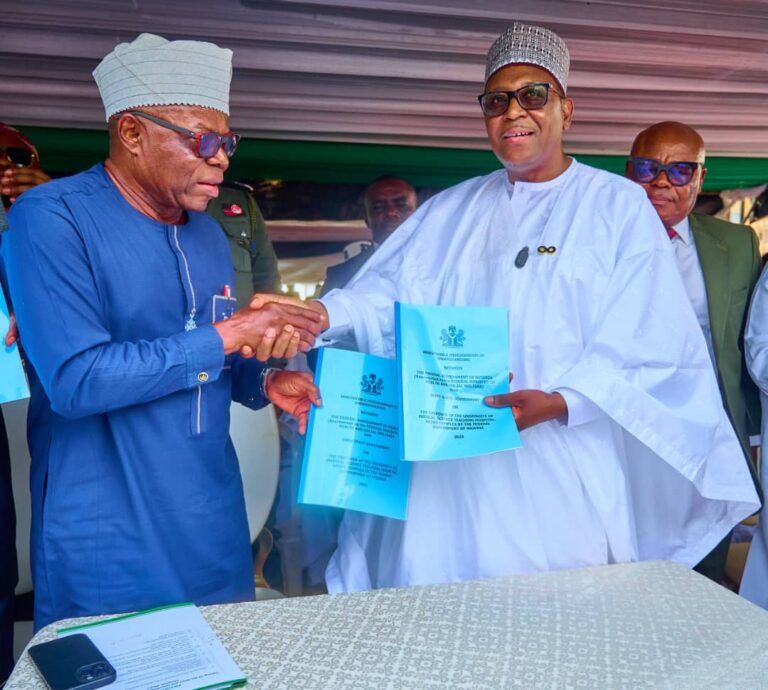Osun Sets New Benchmark in Blood Donation, Saves Lives
In a landmark event that has been described as a beacon of hope and a powerful symbol of humanitarian collaboration, 1,000 selfless individuals came together to donate blood during the ‘Osun Donate’ programme.
This historic effort was powered by a strategic partnership between UNIOSUN Teaching Hospital (UTH), the National Blood Service Commission (NBSC), the Nigerian Red Cross Society (Osun State Chapter), numerous NGOs, and other stakeholder organisations.
The programme has not only set a new benchmark in Osun State’s healthcare history but also laid the foundation for sustainable blood availability during emergencies and critical medical needs.
Speaking during the event, Dr. Babatunde Afolabi, Chief Medical Director of UNIOSUN Teaching Hospital, applauded the initiative and described it as “a powerful demonstration of community collaboration and commitment to saving lives.” While celebrating the milestone, Dr. Afolabi also made a passionate call to action, urging His Excellency, Governor Nurudeen Jackson Ademola Adeleke, to prioritise the establishment of a central blood donation centre. He noted that such a facility would greatly enhance the state’s capacity to respond to blood shortages and better serve both the hospital and the broader Osun community.
A key highlight of the event was the pre-enlightenment talk delivered by Mrs. Aborisade Olamide Yetunde, the Deputy Director in charge of the Blood Bank Unit at UNIOSUN Teaching Hospital. Mrs. Aborisade gave clear guidelines for ensuring a smooth, safe, and successful donation exercise, educating donors and stakeholders on the processes and protocols required for effective blood collection and storage. Her leadership and professionalism were instrumental in the day’s success and set the tone for an orderly and impactful outing.
Further enriching the event, Dr. Adeyemo, Programme Coordinator of the Global Affairs and Sustainable Development Institute and President of the Uniosun Medical Students Association, elaborated on the health benefits of regular blood donation, ranging from the reduction of iron overload to the decreased risk of cardiovascular diseases. He echoed the call for governmental support to make such programmes a sustainable, recurring effort that would continually bolster the state’s blood supply chain.
Also lending his voice, Dr. John Agbonifo, Director of the Global Affairs and Sustainable Development Institute, stressed the critical impact of each donation, reminding attendees that “one pint of blood can save up to three lives.” He called on the public to embrace voluntary blood donation as a vital civic responsibility.
The programme was further distinguished by the active participation of Medical Laboratory Scientists from UNIOSUN Teaching Hospital, who came out in their numbers under the umbrella of the Association of Medical Laboratory Scientists of Nigeria (AMLSN). Their professional representation and technical expertise not only ensured the quality and safety of the donations but also flew the flag of UNIOSUN Teaching Hospital high, reaffirming the institution’s reputation for excellence and commitment to public health.
In summary, the Osun Donate programme has proven to be a trailblazing success, demonstrating what is possible when public institutions, civil society, and the community come together with a shared purpose. The lives saved through this initiative will stand as a lasting testament to the power of unity and the profound impact of proactive healthcare planning.















Post Comment